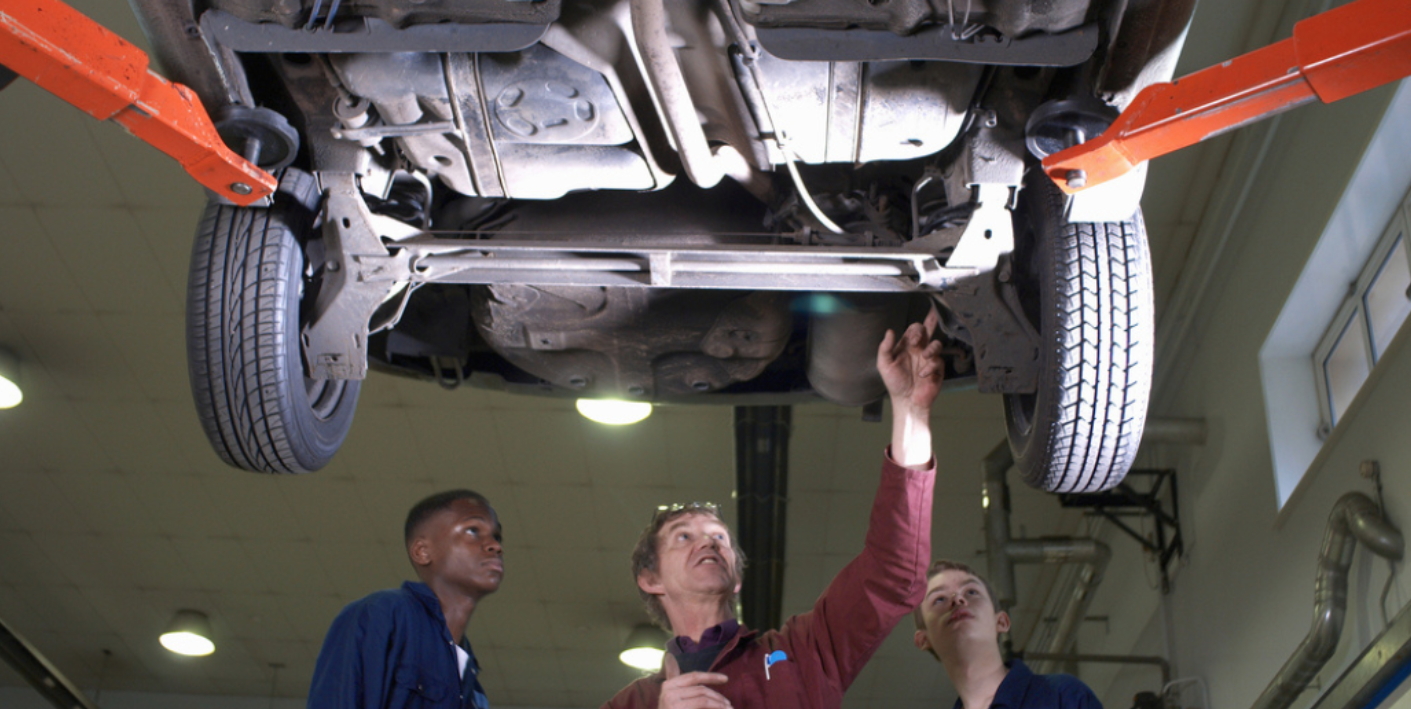The winds of change are sweeping through the auto market, and gasoline-powered cars are slowly being left in the rearview mirror.
While they once reigned supreme, the increasing shift towards electric vehicles (EVs), hybrid technology, and alternative fuels is transforming the landscape.
Governments, automakers, and consumers alike are pushing for a greener, more sustainable future, and it’s clear that gasoline cars are losing ground.
But what exactly is driving this shift? And more importantly, what does it mean for the future of gasoline cars and their place in a rapidly changing auto market?
In this article, we’ll take a close look at the key factors influencing this move away from traditional gas cars, including government policies, industry innovation, and consumer preferences.
DOWNLOAD: “How the Auto Market Is Shifting Away from Gasoline Cars”.PDF
The Role of Government Regulations and Policies
One of the biggest reasons for the auto market’s move away from gasoline-powered cars is the global push for stricter emissions regulations.
Many governments, particularly in Europe and parts of the United States, are setting clear deadlines to phase out the sale of new gasoline and diesel vehicles.
Countries like the UK and Norway aim to stop the sale of new gas cars by 2030, while the European Union plans to enforce a similar ban by 2035.
The motivation behind these policies is clear: cutting carbon emissions and tackling climate change. Gasoline cars are significant contributors to greenhouse gas emissions, and with the climate crisis at the forefront of global concerns, the auto industry has had to adapt.
These regulations are creating ripple effects across the market. Automakers are being forced to shift their focus from developing new gas-powered models to investing heavily in electric vehicles and hybrid technologies.
For gasoline cars, this means fewer new models are entering the market, leading to an inevitable decline in their importance over time.
The Rise of Electric Vehicles (EVs)
The rise of electric vehicles is another driving force behind the shift in the auto market. What started as a niche market dominated by early adopters and luxury brands like Tesla has now turned into a full-fledged movement. Today, nearly every major automaker—from Ford to Volkswagen—has a lineup of EVs or plans to roll them out within the next few years.
With advances in battery technology, electric vehicles now offer longer ranges and faster charging times, eliminating many of the early concerns that kept buyers away.
Additionally, EVs come with significantly lower running costs, as they require less maintenance (no oil changes, fewer moving parts) and offer cheaper “fuel” in the form of electricity.
The shift toward EVs is also influenced by consumer demand for environmentally-friendly products. As awareness of climate change grows, many buyers are looking to reduce their carbon footprint, making electric vehicles an attractive option.
This change in consumer behavior is one of the key reasons gasoline cars are being pushed out of the spotlight.
The Impact on the Used Car Market
As the new car market moves toward EVs, the used car market is also beginning to feel the impact. Gasoline-powered cars, which once held strong resale value, are now starting to lose their appeal in the face of increasing EV options.
However, there’s a catch: while the shift is happening, gasoline cars aren’t disappearing overnight. In fact, in some regions, used gasoline cars still dominate the market due to the lack of widespread EV infrastructure and the slower pace of adoption in certain demographics.
Many consumers are still hesitant to switch to EVs because of factors like range anxiety (the fear that an EV won’t have enough battery to complete a journey) and the still-developing charging network.
That being said, as charging infrastructure improves and EV technology becomes even more accessible, the resale value of gasoline cars is likely to decline.
In a few years, gas-powered cars may be harder to sell, and those still holding onto them might find themselves facing faster depreciation than ever before.

The Role of Hybrids: A Bridge Between Gasoline and Electric
Hybrid vehicles, which combine traditional gasoline engines with electric motors, are playing a crucial role as the auto market transitions away from gasoline.
While fully electric vehicles are the ultimate goal for many automakers and governments, hybrids offer a practical solution for those not yet ready to go fully electric.
Hybrids provide some of the benefits of EVs—like reduced emissions and improved fuel efficiency—while maintaining the familiarity and convenience of gas engines.
For many buyers, hybrids represent a compromise: they reduce environmental impact while offering peace of mind, particularly for those who frequently travel long distances or live in areas where EV charging stations are scarce.
As a result, hybrid vehicles are expected to remain a strong option in the auto market for several years to come, helping to bridge the gap between gasoline cars and the full transition to electric vehicles.
Gasoline-Powered Cars in Rural Areas
While cities and urban areas are at the forefront of EV adoption, rural areas present a different story. In regions where EV charging stations are few and far between, gasoline-powered cars still hold a significant advantage.
The infrastructure for gasoline is well-established, with gas stations readily available in even the most remote areas.
This means that in rural regions, gasoline cars may stick around for much longer, even as the rest of the world shifts toward electric. For those living far from urban centers, gasoline cars will continue to serve as the more reliable option until EV charging stations become as ubiquitous as gas stations.
However, even in these areas, the auto market’s focus will gradually shift. Eventually, as charging infrastructure expands and EV ranges improve, rural drivers may also be swayed by the lower cost of ownership that electric vehicles offer. But for the near future, gasoline cars will remain essential for those who need them most.
Final Thoughts
The auto market is undergoing a dramatic transformation, and gasoline-powered cars are no longer the dominant force they once were.
With government policies, consumer demand, and technological advancements all pushing toward greener alternatives, the future of gas cars looks increasingly uncertain. However, they won’t disappear overnight.
For now, gasoline-powered vehicles still have a role to play, especially in rural areas and for those not yet ready to make the switch to electric.
The question is: how long will gasoline cars remain relevant in an increasingly electrified world? Will they become niche collector items, or will they gradually fade into obscurity? What do you think?





